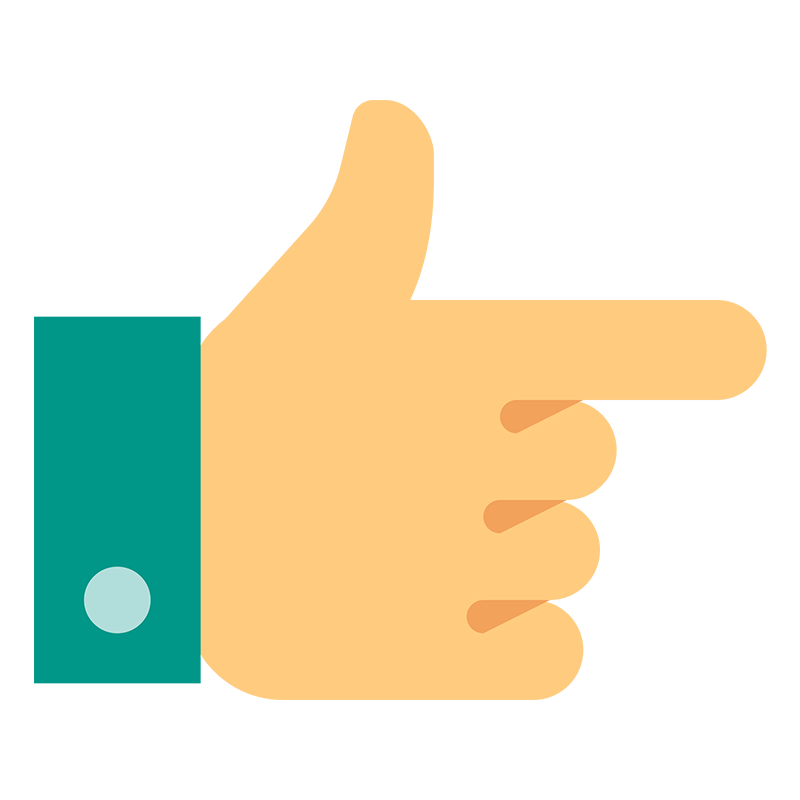My and your in the instrumental
In a previous lesson we saw how, as long as we remember how adjectives end in different cases, we can think out the different forms of my and your.

We saw how the endings of 'my' and 'your' match the endings of adjectives in different cases:
- Masculine: My new car - Mój nowy samochód
- Feminine: My new map - Moja nowa mapa
- Neuter: My old beer - Moje stare piwo
- Accusative Feminine: I have my new map - Mam moją nową mapę
- Accusative Masculine (Animate): I like my new doctor - Lubię mojego nowego lekarza
- Genetive Feminine: I'm looking for my new map - Szukam mojej nowej mapy
- Genetive Masculine/Neuter: I don't have my old smartphone - Nie mam mojego starego smartfona

Once again in the Instrumental case we can see these patterns in 'my':
- Instrumental Feminine Noun: I have a problem with my new map - Mam problem z moją nową mapą
- Instrumental Masculine/Neuter Noun: I have a problem with my old smartphone - Mam problem z moim starym smartfonem
And we can also see them for 'your'
- Instrumental Feminine Noun: I have a problem with your new map - Mam problem z twoją nową mapą
- Instrumental Masculine/Neuter Noun: I have a problem with your old smartphone - Mam problem z twoim starym smartfonem
Remember each part of a sentence has it's own case. In the following the first half of the sentence is Genetive (because something is missing) and the second half is Instrumental (because it comes after 'z').
- I don't have a problem with your problem - Nie mam problemu z twoim problemem

So once we remember the adjective endings for each case we pretty much know the endings for 'my' and 'your'. They should quite literally be rhyming in most cases!
Let's think this out with a new word:
- Wife - Żona
So how would you say:
- I like to be with my new wife -
- Do you like to be with your new wife? -
- I have a problem with my new car -
- He has a problem with your old house -
- Do you have a problem with your new computer? -

Heads up!
In Polish the default is 'my' so if we are talking about 'my car' or 'my wife' we can simply say:
- Mam problem z samochodem
- Lubię być z żoną
You might say 'my' when you need to be clear who or what you are talking about but otherwise we don't use it. For the purposes of this lesson, so you get the practice in, all the exercises will need you to specify 'my' but be prepared to hear people talking about their 'samochód' without using 'my'.

Go slow!
The exercises for this lesson will take time. You may need to check your notes or scroll up to the lesson learning points several times.
This is normal.
By repeating the learning points using these interactive exercises over several days you will become faster and the knowledge will embed better in your long term memory.
My and Your and the cases
click and drag these 'my' and 'your' forms into the right cases
Drag and drop all the dark blue boxes to their correct locations
Make sure your sound is turned on to hear the audio during this exercise
Warning: Undefined array key "correct_answer_text" in /var/www/vhosts/learnpolish101.com/httpdocs/includes/func/what-do-you-know-func.php on line 588
Warning: Undefined array key "incorrect_answer_text" in /var/www/vhosts/learnpolish101.com/httpdocs/includes/func/what-do-you-know-func.php on line 589
Match the cases of my and your
Match the endings of my and your with their correct gender and case
Tap on each pair to make them disappear.
Make sure your sound is turned on to hear the audio during this exercise
Think out the Polish
Practice the phrases in this lesson by thinking them out.
Make sure your sound is turned on to hear the audio during this exercise
I have a problem with my new map | |
I have a problem with my old smartphone | |
I have a problem with your new map | |
I have a problem with your old smartphone | |
I don't have a problem with your problem | |
I like to be with my new wife | |
Do you like to be with your new wife? | |
I have a problem with my new car | |
He has a problem with your old house | |
Do you have a problem with your new computer? | |
I know that she has a problem with your new wife | |
I want (it) with my old wine | |
She wants (it) with your new music | |
We have a problem with your town | |
I think that he has a problem with your son | (syn)
|
He thinks that I have a problem with your sister | (siostra)
|
He is with your brother | (brat)
|
I am with your clever son | (syn)
|
She is with my wife | |
Why is she with my wife? | |
Do you think that he has a problem with your new (male) boss? | (szef)
|
Gdańsk is my town | |
Ewa is my sister | |
Lublin is your town | |
Is Lublin your town? | |
Ewa is your sister | |
Is Ewa your sister? | |
Refresher
Revise earlier words and phrases to keep them fresh! Match the Polish and Engish below
Make sure your sound is turned on to hear the audio during this exercise
Nouns
Tick all the forms of 'my' which are in the Instrumental Case
Tick all of the boxes you believe are correct
